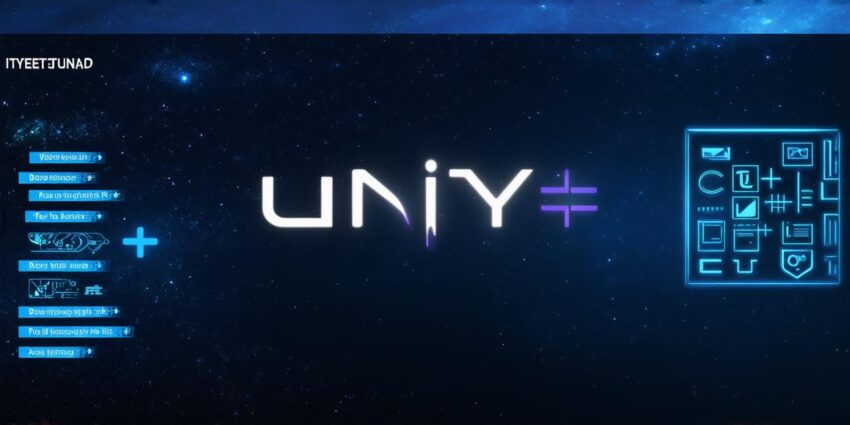Introduction
Unity is a popular game engine that supports the development of both 2D and 3D games, as well as virtual reality (VR) and augmented reality (AR) experiences. While Unity is primarily written in C, it also has support for other programming languages, including C++. In this guide, we will explore the benefits and limitations of using C++ with Unity, and provide a step-by-step guide on how to set up and use C++ in your Unity projects.
Why Use C++ with Unity?
There are several reasons why you might want to use C++ with Unity:
- Performance: C++ is generally faster than C, especially when it comes to tasks that require a lot of computation or memory manipulation. This can be particularly useful in game development, where performance is critical.
- Control: By using C++, you have more control over the low-level details of your code, which can be helpful if you need to optimize certain parts of your program or work with specific hardware components.
- Community Support: There is a large and active community of C++ developers who use Unity, which means that there are many resources available for learning how to use the language in conjunction with the engine.
- Cross-Platform Development: C++ can be used to write code that targets multiple platforms, including Windows, macOS, Linux, iOS, Android, and more. This can be particularly useful if you want to create a game or experience that runs on multiple devices.
Limitations of Using C++ with Unity

While there are many benefits to using C++ with Unity, there are also some limitations to consider: - Learning Curve: C++ is a more complex language than C, and can be difficult for beginners to learn. This means that you will need to have a good understanding of programming concepts and syntax in order to use C++ effectively with Unity.
- Integration: While Unity supports the use of C++, integrating it into your project can be challenging. You will need to set up a development environment for C++, as well as configure Unity to work with your C++ code. This process can be time-consuming and may require some trial and error.
- Maintenance: Since C++ is a lower-level language than C, it can be more difficult to maintain and update code written in C++. This means that you will need to be prepared for the additional time and effort required to keep your C++ code up to date.
- Portability: While C++ can be used to write cross-platform code, the specific syntax and libraries used in C++ may not be compatible with all platforms. This means that you will need to be careful when writing C++ code for Unity, and may need to use platform-specific libraries or APIs.
Getting Started with C++ in Unity
To get started with C++ in Unity, you will need to set up a development environment for the language. This will typically involve installing
